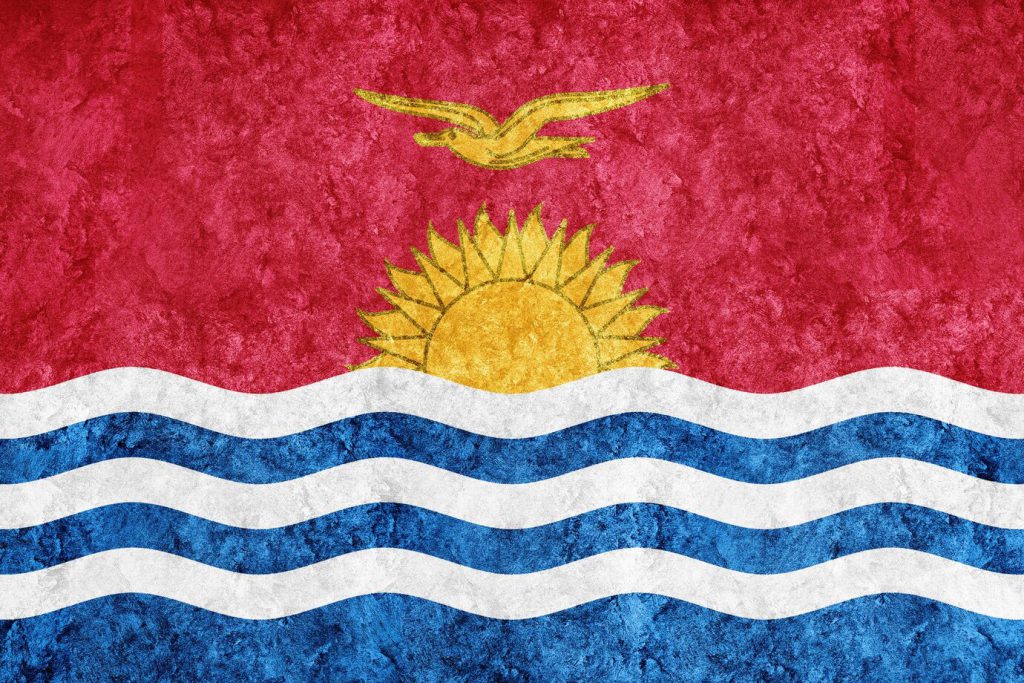Expats and advanced migrants living in Kiribati value the laid-back way of life and the laid-back local people. They likewise partake in the beautiful sea shores and the warm heat and humidity. Then again, they might find the absence of infrastructure and present-day amenities a bit challenging. Moreover, the few job chances and the absence of an energetic nightlife can be somewhat of a drawback.

Medical services in Kiribati
Medical services here are very fundamental and can be restricted in certain areas. The medical services framework comprises four freely supported emergency clinics and around 20 strolls in healthcare offices. The medical clinics of the islands are satisfactorily prepared for routine medical services. The open clinic is Tungaru Central Emergency Clinic. It is located in the central town of Tarawa and contains a tuberculosis ward. A little research centre, x-ray equipment and a working theatre. Also, there are 70 drug dispensaries, situated all over the islands. Which are appropriately furnished to adapt to minor wounds and normal sicknesses.
Schooling
Between the ages of six and 14, schooling is both free and obligatory for all kids in Kiribati. The educational system comprises six years of primary followed by three grades at the secondary level. Regardless of this, countless kids here don’t go to class. There are many variables which add to this high menace. Including the hesitance of numerous families to send their kids to school as working would be all the more monetarily beneficial. Each occupied island of Kiribati has a grade school, but secondary institutions are few and far between. Which might represent low participation figures in older kids. There are no international or private schools in the nation. Be that as it may, numerous expats like to send their kids to one of the numerous private schools which are run and supported by different missionary church gatherings.
Transportation
It is home to a 670 km network of paved roads and parkways. Most of the streets look great and can be found in and around the country’s metropolitan locale, Tarawa. To drive, outsiders ought to be in control of a substantial global driver’s permit. Driving happens on the left-handed. Traffic is light, however, road safety regulations are conflictingly enforced and drinking and speeding are continuous issues so expats ought to take additional mindfulness when in the driver’s seat. What’s more, the roads in rural and less possessed districts experience the ill effects of potholes and general unfortunate conditions. Public vehicles are customary and convenient, with vans which hold around 20 individuals going through Tarawa often. These minibuses are long courses and are very modest. To jump between islands here take full advantage of the many short boat ventures which travel between the island’s ports and harbours.
Driving permit
Driving here is generally costly, particularly when contrasted with different nations. Apart from the fuel being costly, the actual idea of island life states that all vehicle parts must be imported with exceptionally heavy import charges. Numerous expat-parade utilise the minibus minibuses island to get around. This is likewise a good method for collaborating with local people. Expats can drive using their nation’s driving permit for a limit of about fourteen days in the wake of showing up to the island. From there on they should get an Kiribati permit. Expats can hire a vehicle on the island, but they should book the rental something like fourteen days ahead of time to guarantee that the vehicle is accessible. Every individual who wishes to drive on the island should pass the driving permit hypothesis and useful tests.
You may also find these articles helpful
Main reasons why visas in Kiribati get denied
